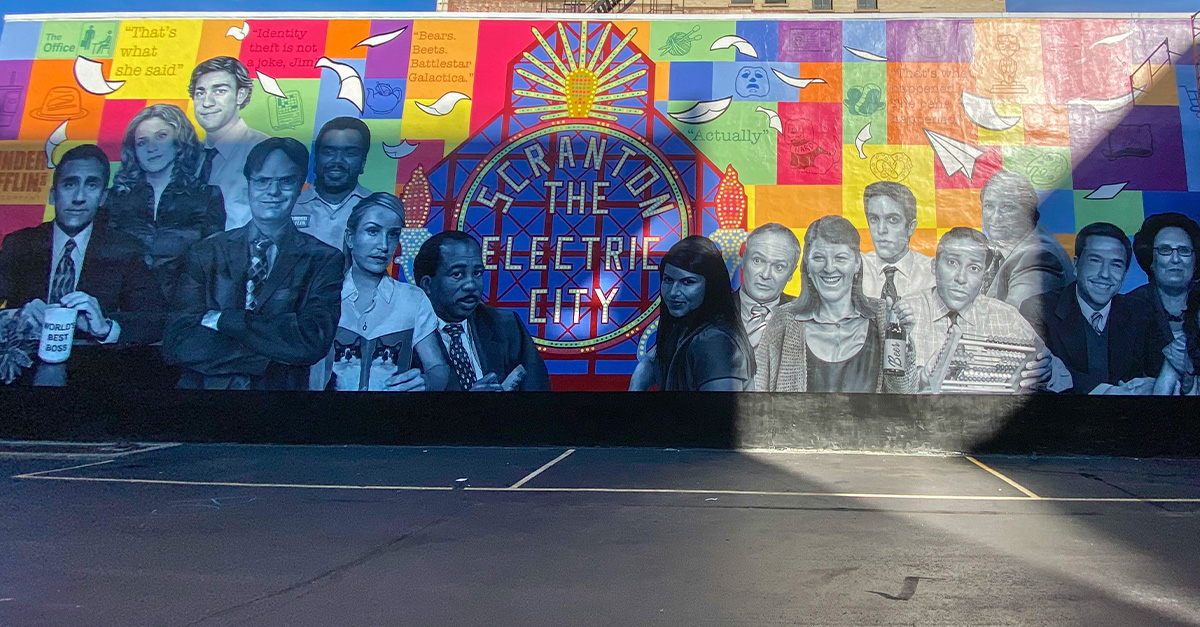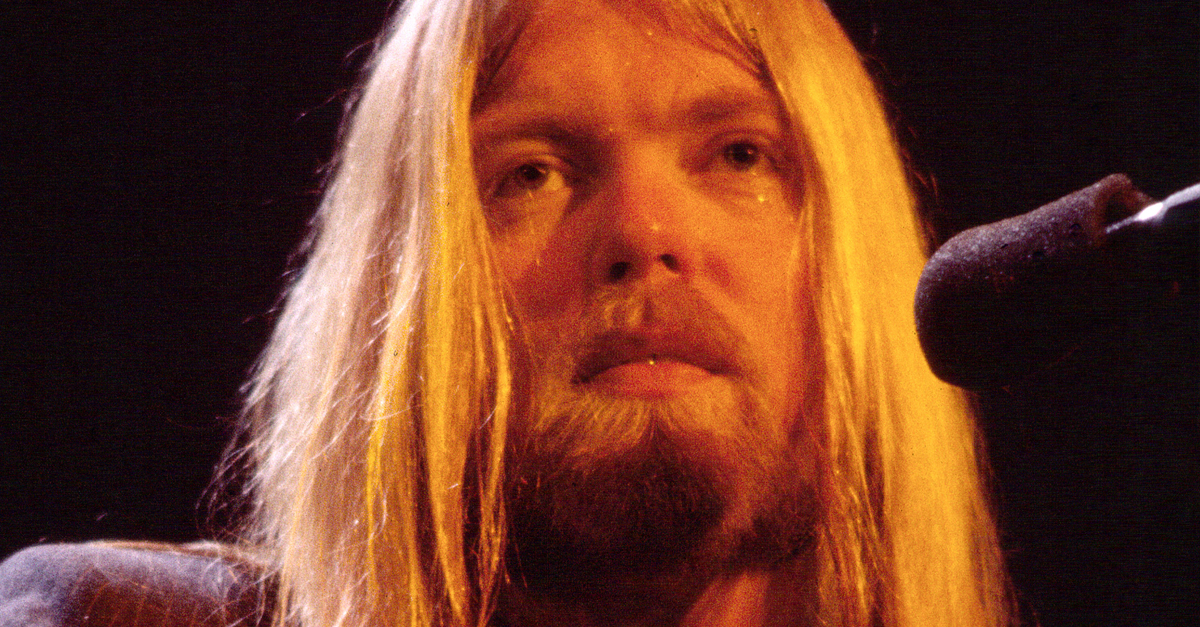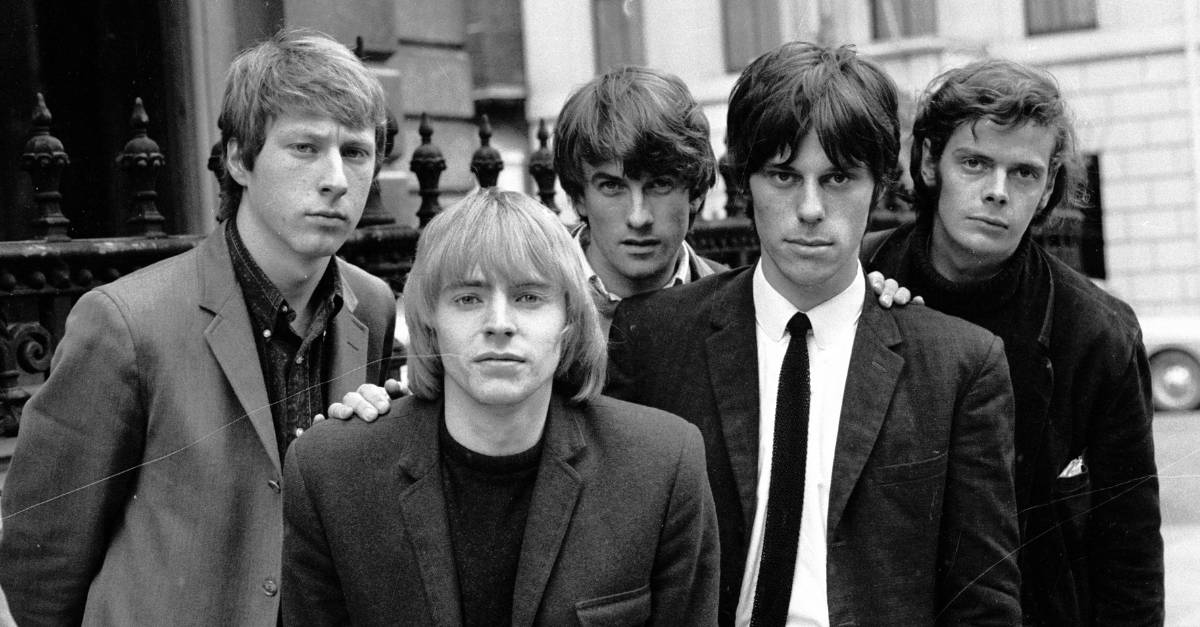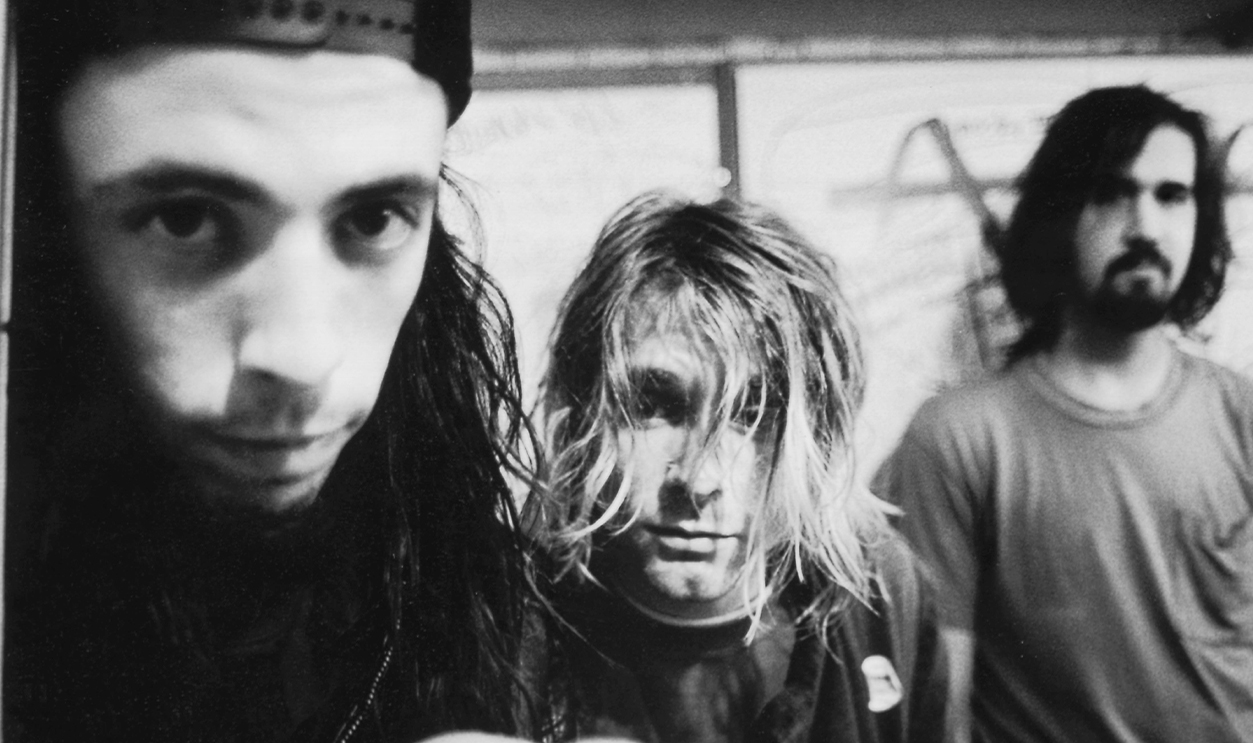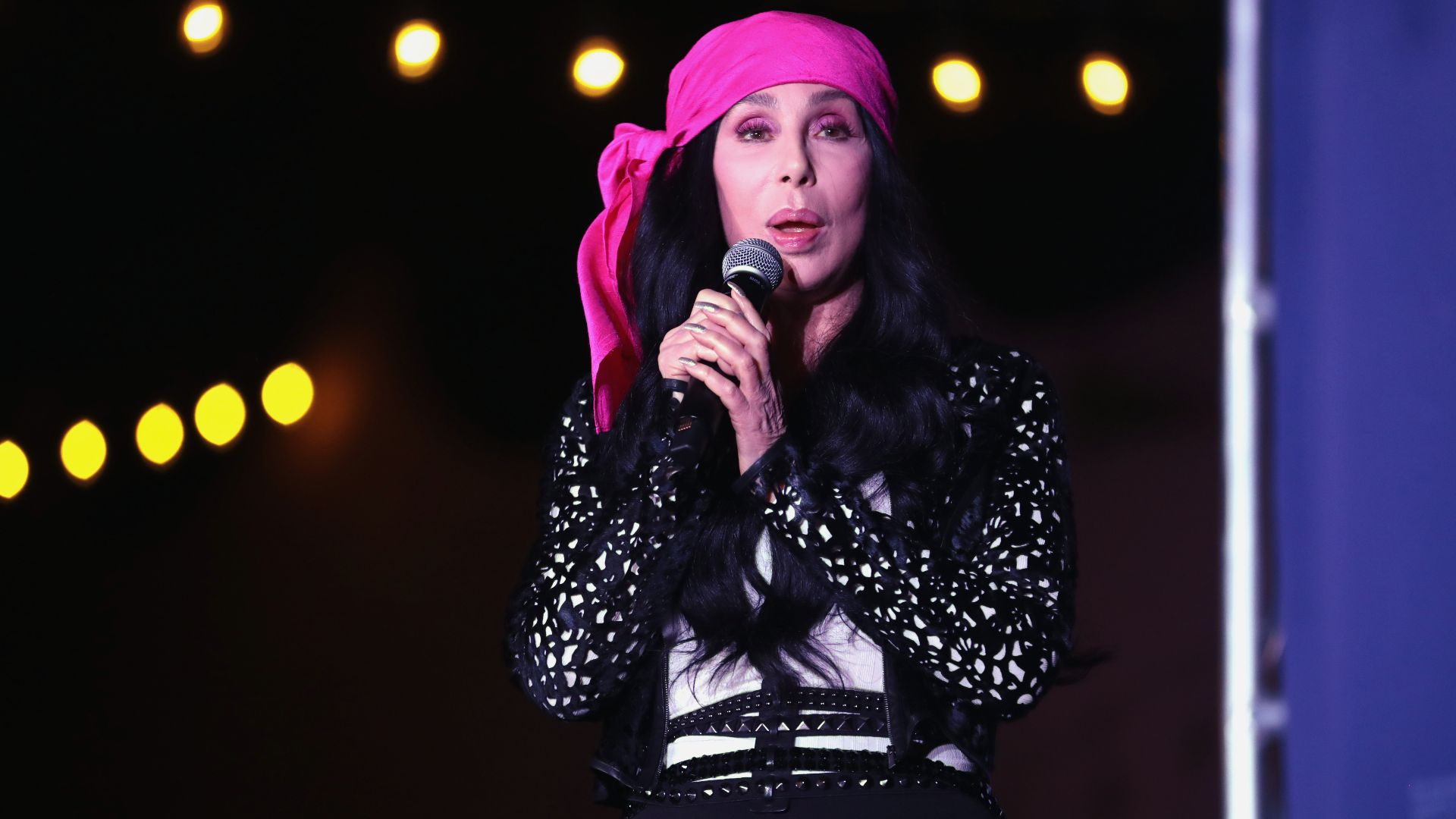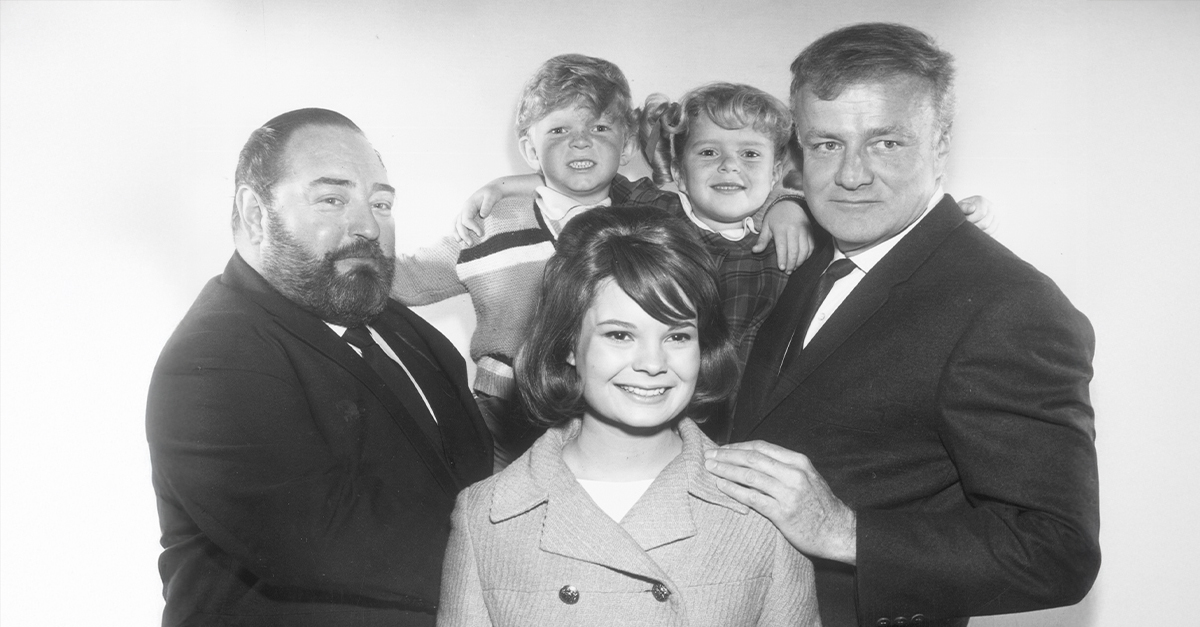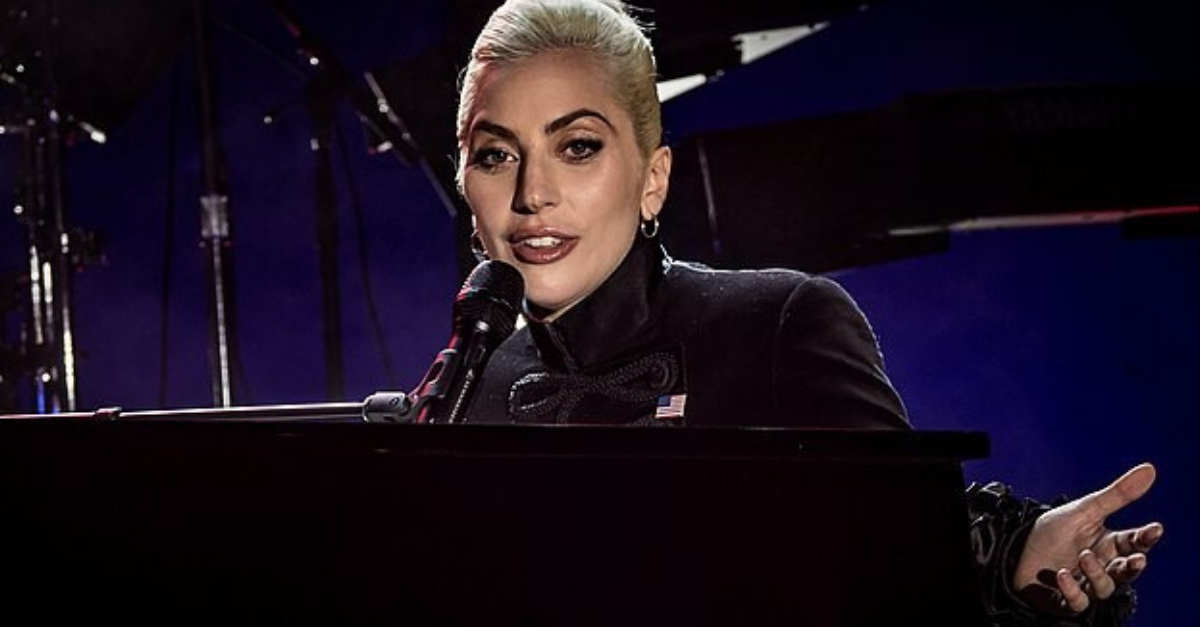The Shows That Escaped Boomer Understanding
Let’s face it — every generation has its own cultural fingerprints. Boomers had MASH* and The Brady Bunch. Millennials? We grew up on a chaotic cocktail of Nickelodeon slime, WB angst, and the golden age of sitcom sarcasm. These shows didn’t just entertain us — they molded our humor, our worldview, and yes, even our trauma. While boomers might squint at our devotion to snarky animated teens and painfully self-aware sitcoms, we know these shows made us who we are. So, let’s pour one out for dial-up internet and revisit the 25 TV shows that defined millennial culture — the ones boomers just can’t seem to “get.”
Friends
Sure, boomers had Cheers, but Friends was our blueprint for adulthood — though it totally lied about how affordable giant Manhattan apartments were. From “We were on a break!” to the Central Perk couch, this show defined millennial friendship, love, and the art of making sarcasm a second language.
 David Hume Kennerly, Getty Images
David Hume Kennerly, Getty Images
The Fresh Prince of Bel-Air
Will Smith taught a generation to rap the entire opening theme song on command. Fresh Prince mixed slapstick and soul, dealing with race, class, and identity with humor and heart — something few shows dared to do back then. Boomers had Archie Bunker; we had Uncle Phil.
 Screenshot from The Fresh Prince of Bel-Air, NBC
Screenshot from The Fresh Prince of Bel-Air, NBC
Buffy the Vampire Slayer
A feminist icon wielding a wooden stake and teenage angst? Yes, please. Buffy gave us smart metaphors for every high school nightmare, proving that the real monsters aren’t always the ones with fangs. It shaped millennial storytelling long before “strong female lead” became a Netflix category.
 Screenshot from Buffy the Vampire Slayer, 20th Century Fox
Screenshot from Buffy the Vampire Slayer, 20th Century Fox
The Simpsons
Technically, it started for Gen X, but millennials grew up with Homer, Bart, and Lisa — and learned more about politics, satire, and moral hypocrisy from The Simpsons than any civics class could teach. Boomers never quite grasped that it was genius because it was dumb.
 Screenshot from The Simpsons, 20th Television
Screenshot from The Simpsons, 20th Television
Dawson’s Creek
Ah, Dawson’s Creek — where teenagers spoke like philosophy majors and cried by the water’s edge. It gave millennials permission to feel everything, and it birthed the ultimate crying meme. Boomers might’ve found it melodramatic, but that was the whole point.
Saved by the Bell
Before we had smartphones, we had Zach Morris breaking the fourth wall. Saved by the Bell taught us about friendship, fashion, and caffeine pill addiction in the most gloriously 90s way possible. Try explaining “The Max” to a boomer — they’ll think it’s a gas station.
The Office
This mockumentary masterclass shaped millennial humor — dry, awkward, painfully relatable. While boomers were into Frasier’s witty repartee, we found poetry in Jim’s deadpan stare and Michael Scott’s oblivious optimism. Every open-plan office still lives in its shadow.
 Screenshot from The Office, NBC
Screenshot from The Office, NBC
Gilmore Girls
Rapid-fire dialogue, endless coffee, and small-town charm — Gilmore Girls was a warm hug with a hint of caffeine jitters. It captured millennial relationships with parents, ambition, and pop-culture fluency. Boomers had Little House on the Prairie; we had Lorelai Gilmore.
 Screenshot from Gilmore Girls, Warner Bros. Television
Screenshot from Gilmore Girls, Warner Bros. Television
Rugrats
No show captured childhood curiosity like Rugrats. Those diapered explorers taught us that imagination was infinite — and that adults never really know what’s going on. Plus, Angelica Pickles was our first lesson in corporate villainy.
 Screenshot from Rugrats, Nickelodeon Animation Studio
Screenshot from Rugrats, Nickelodeon Animation Studio
The OC
Sun, angst, and indie soundtracks — The OC was peak early-2000s melodrama. It made us believe in brooding bad boys with hearts of gold and introduced us to California by Phantom Planet. Boomers just didn’t understand why we were crying over Seth Cohen.
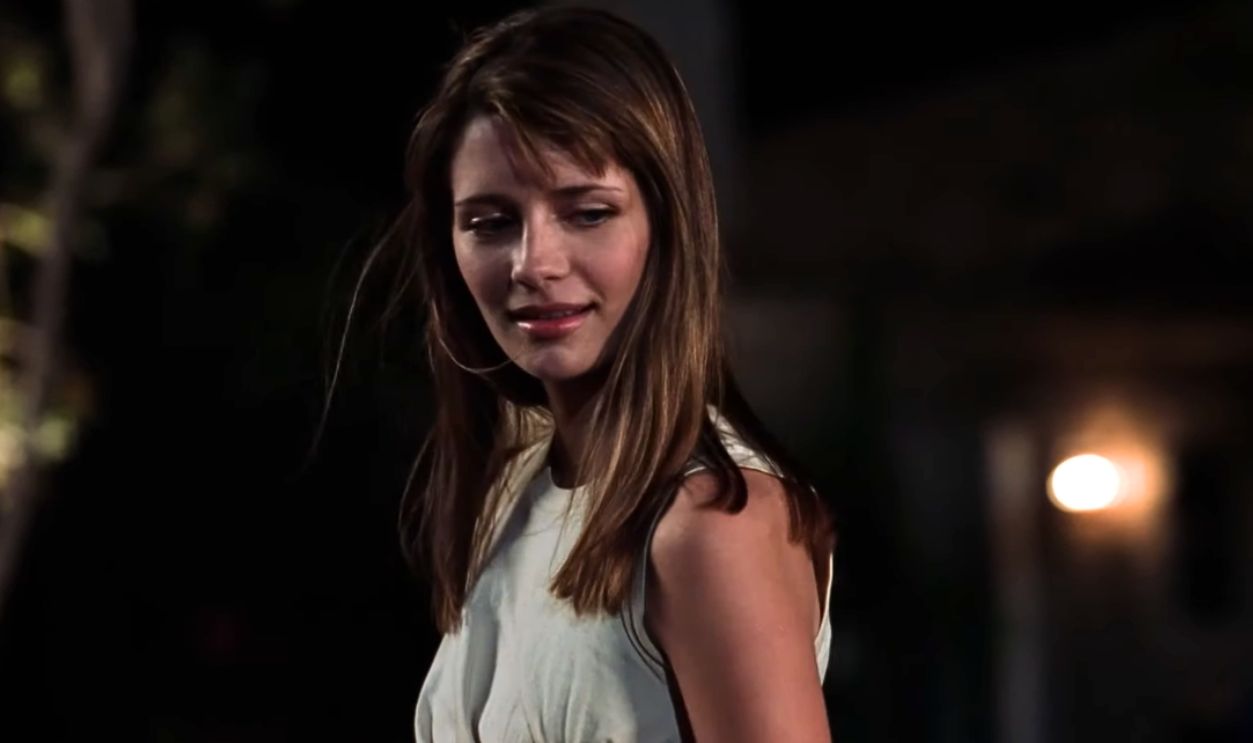 Screenshot from The O.C., Warner Bros. Television
Screenshot from The O.C., Warner Bros. Television
Pokémon
“Gotta catch ’em all” wasn’t just a slogan — it was a lifestyle. Pokémon gave millennials their first taste of obsession-level fandom, long before binge culture existed. Boomers collected stamps; we collected Squirtles.
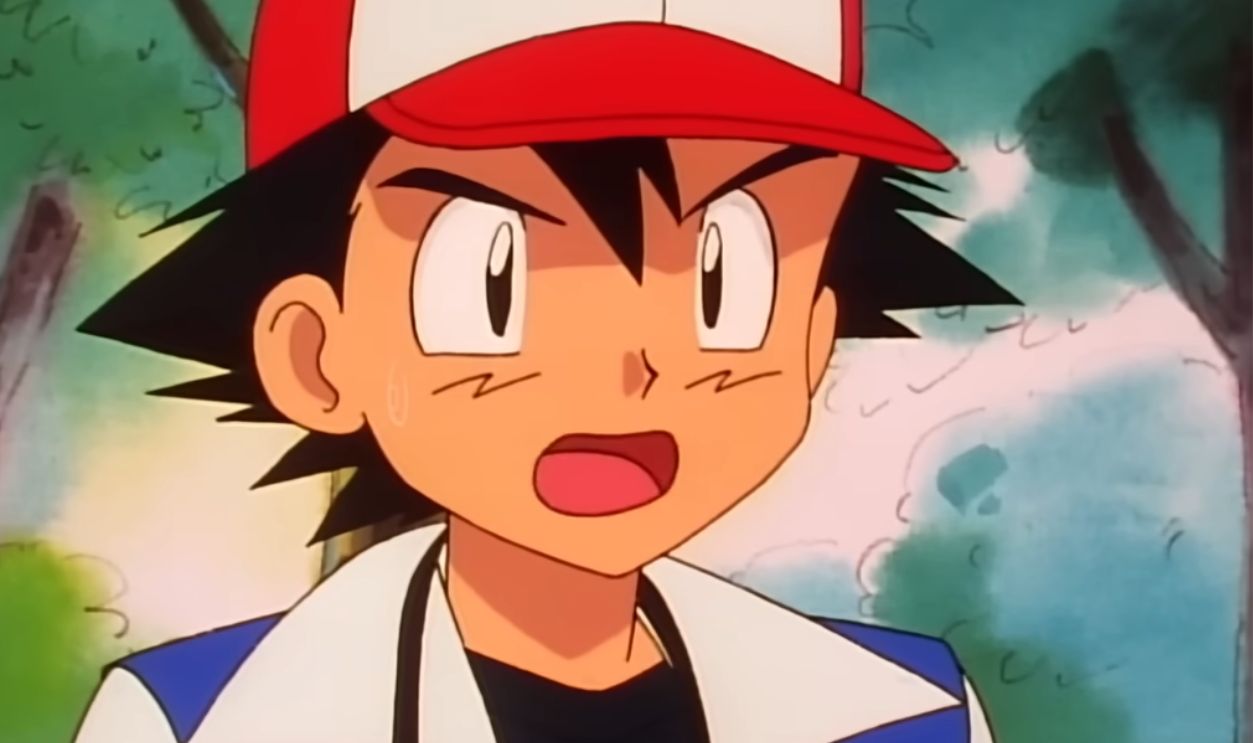 Screenshot from Pokémon, Warner Bros. Television
Screenshot from Pokémon, Warner Bros. Television
How I Met Your Mother
Think of it as Friends with smartphones, laser tag, and a side of existential dread. How I Met Your Mother captured millennial dating culture perfectly — messy, funny, and full of overthinking. From the slap bet to the blue French horn, it turned ordinary heartbreak into sitcom legend. Boomers had Three’s Company; we had Ted’s 10-year story arc.
 Screenshot from How I Met Your Mother, 20th Television
Screenshot from How I Met Your Mother, 20th Television
Boy Meets World
Cory and Topanga were our Ross and Rachel before Ross and Rachel were even a thing. Boy Meets World grew up with us — tackling friendship, morality, and growing pains — all under the sage wisdom of Mr. Feeny. Boomers had Ward Cleaver; we had Feeny.
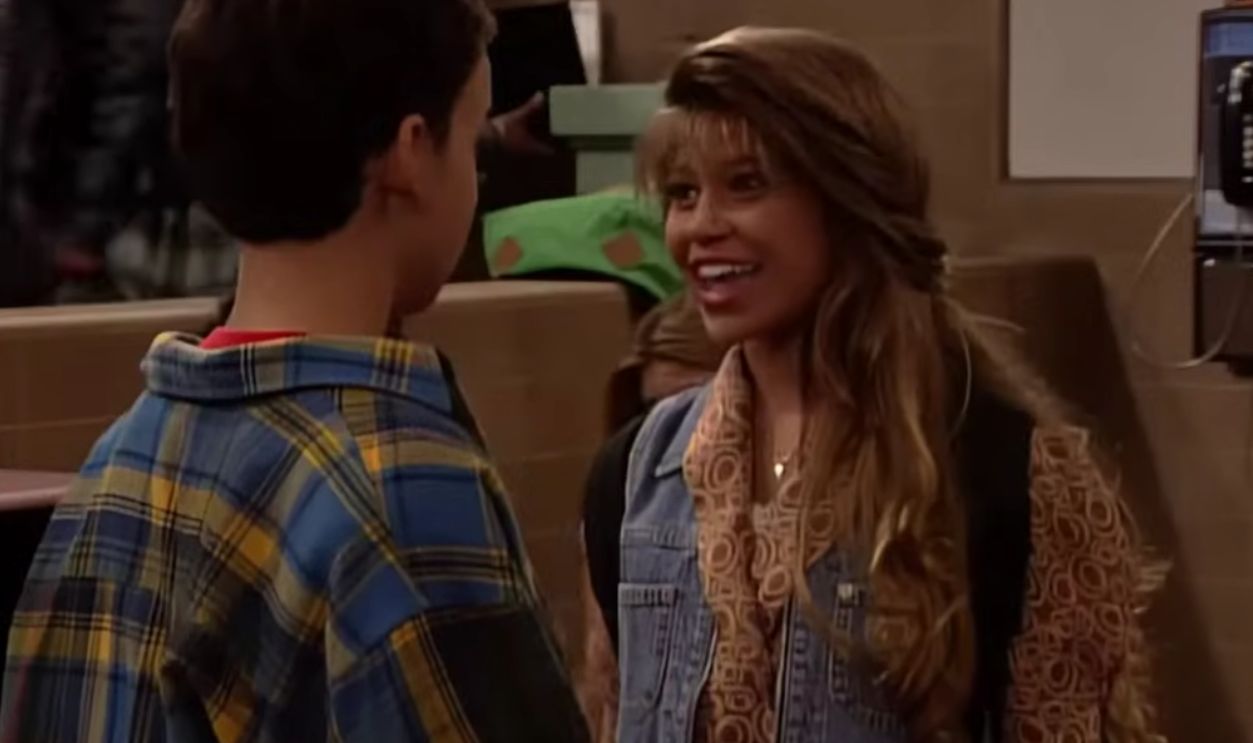 Screenshot from Boy Meets World, ABC
Screenshot from Boy Meets World, ABC
SpongeBob SquarePants
Boomers didn’t get it. They thought it was nonsense. We saw a surreal masterpiece. SpongeBob defined millennial absurdist humor, giving us memes, quotes, and a shared language of weirdness that the internet still runs on.
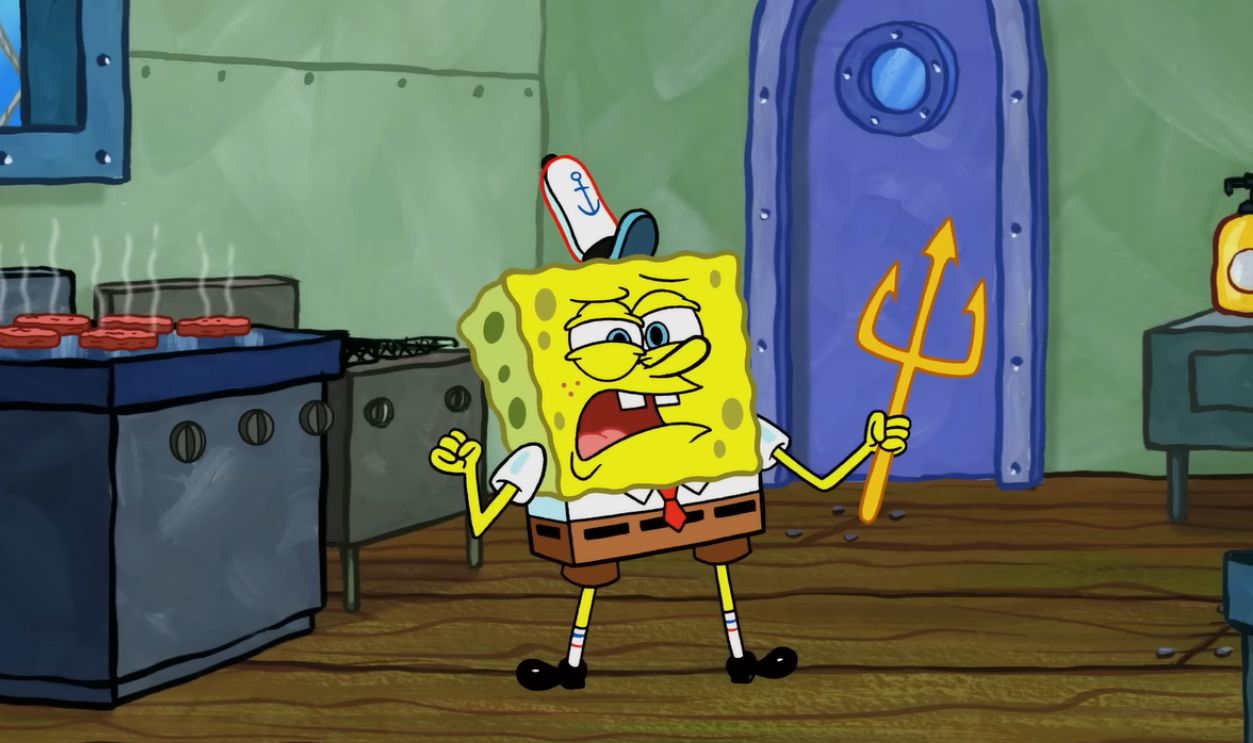 Screenshot from SpongeBob SquarePants, Nickelodeon
Screenshot from SpongeBob SquarePants, Nickelodeon
Freaks and Geeks
Canceled too soon, worshipped forever. Freaks and Geeks nailed the awkwardness of adolescence with raw honesty. It gave us James Franco, Seth Rogen, and Jason Segel before they were household names — and made “high school is hell” feel universally true.
 Screenshot from Freaks and Geeks, NBC
Screenshot from Freaks and Geeks, NBC
The X-Files
The X-Files made paranoia cool. Millennials loved its eerie mix of science fiction and skepticism — a perfect recipe for a generation destined to question everything. Boomers trusted the government; millennials wanted to believe.
 Screenshot from The X-Files, 20th Television
Screenshot from The X-Files, 20th Television
Avatar: The Last Airbender
An animated series with emotional depth, complex characters, and world-building to rival Game of Thrones? Avatar wasn’t just a cartoon — it was a philosophy class wrapped in martial arts and magic. Boomers thought it was for kids. We knew better.
 Screenshot from Avatar: The Last Airbender, Nickelodeon
Screenshot from Avatar: The Last Airbender, Nickelodeon
Lizzie McGuire
Lizzie McGuire was the millennial girl’s diary come to life. It perfectly captured the cringe and chaos of adolescence — complete with an animated conscience. Boomers had The Donna Reed Show; we had a girl with butterfly clips and a pop star alter ego.
 Screenshot from Lizzie McGuire, Disney Channel
Screenshot from Lizzie McGuire, Disney Channel
Chappelle’s Show
No sketch comedy hit harder or funnier. Dave Chappelle’s genius satire ripped apart race, celebrity, and hypocrisy with surgical precision. Boomers might’ve missed the nuance, but millennials recognized a cultural lightning bolt when they saw it.
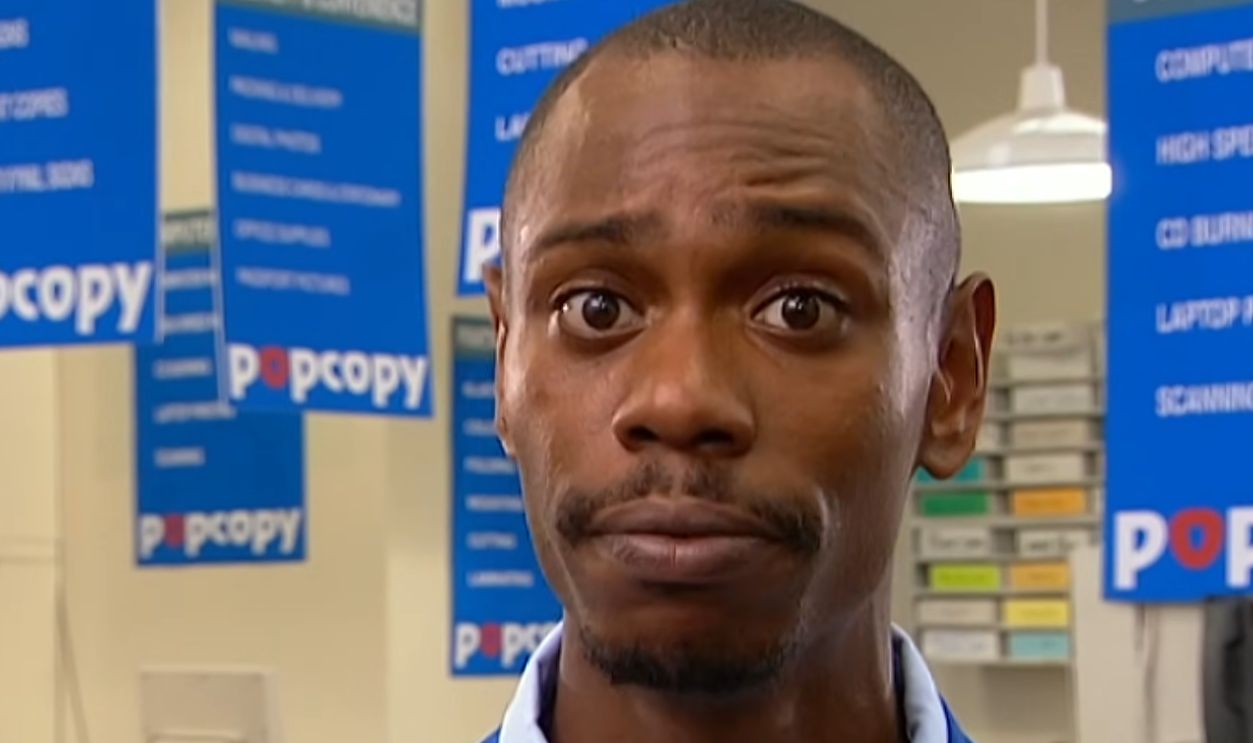 Screenshot from Chappelle’s Show, Comedy Central
Screenshot from Chappelle’s Show, Comedy Central
Gossip Girl
“XOXO, Gossip Girl.” The show that made millennials both crave and despise the Upper East Side. It defined fashion, privilege, and betrayal in the age of flip phones — the perfect warm-up for today’s influencer culture. Boomers could never.
 Screenshot from Gossip Girl, Warner Bros. Television
Screenshot from Gossip Girl, Warner Bros. Television
Scrubs
Behind the absurd gags and inner monologues, Scrubs nailed millennial anxieties about adulthood, friendship, and purpose. It was heartfelt chaos with a soundtrack that hit harder than any graduation speech. Boomers didn’t cry at “My Screw Up.” We sobbed.
The Real World
Before reality TV turned into chaos incarnate, The Real World gave us authentic(ish) drama that shaped a generation’s sense of identity and representation. It was the first time millennials saw young people be themselves on TV — flaws, fights, and all.
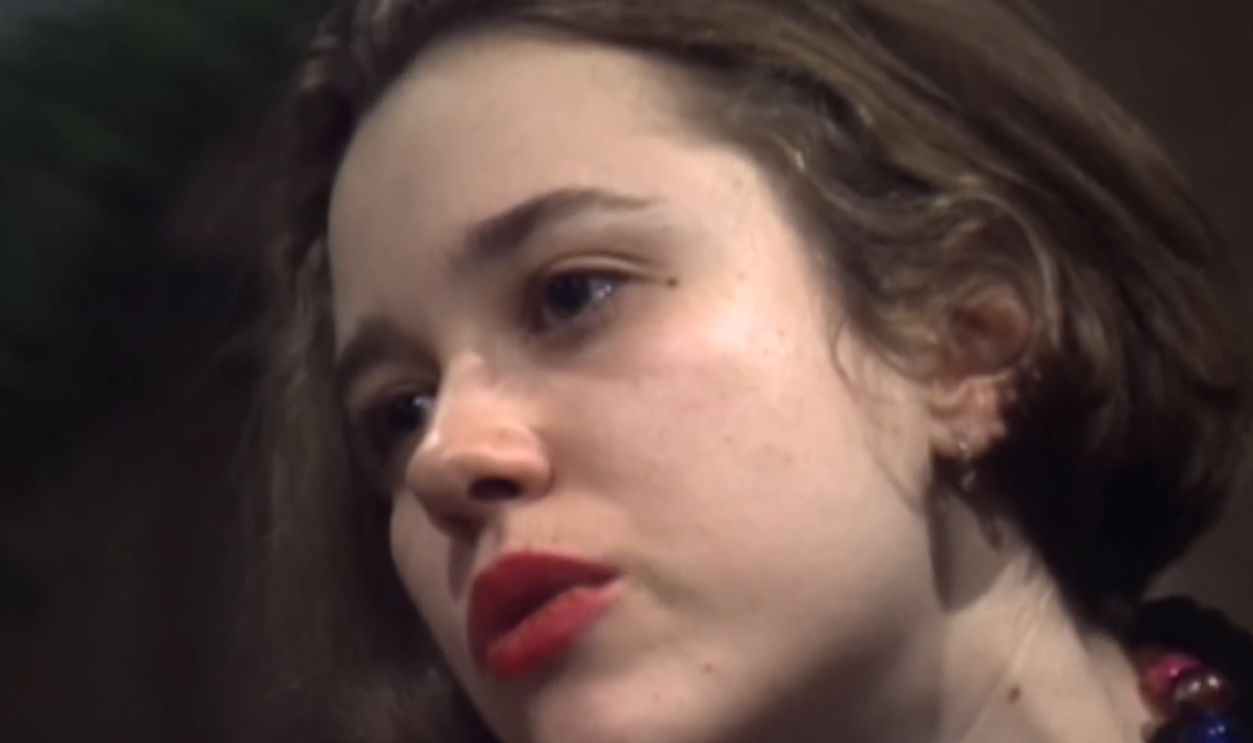 Screenshot from The Real World, MTV
Screenshot from The Real World, MTV
Parks and Recreation
Optimism meets bureaucracy. Parks and Rec made us believe that government — and life — could be made better by enthusiastic weirdos. Leslie Knope was the millennial patron saint of ambition and color-coded binders. Boomers had The West Wing; we had waffles.
 Screenshot from Parks and Recreation, NBC
Screenshot from Parks and Recreation, NBC
Game of Thrones
Yes, it broke our hearts in the end, but for nearly a decade, Game of Thrones united millennials in a global viewing experience. It was our Dallas moment — dragons, betrayal, and Sunday night group therapy. We had “Hold the door.”
 Screenshot from Game of Thrones, HBO
Screenshot from Game of Thrones, HBO
Stranger Things
Retro nostalgia for a past we never lived? That’s peak millennial irony. Stranger Things captured everything we loved: 80s vibes, found family, supernatural horror, and kids with more emotional intelligence than most adults. Boomers saw a throwback; we saw ourselves.
 Screenshot from Stranger Things, Netflix
Screenshot from Stranger Things, Netflix
Euphoria
Yes, it’s technically Gen Z’s show, but millennials built the emotional vocabulary it’s using. Euphoria is the evolution of everything that came before — the angst of The OC, the rawness of Skins, the aesthetics of Instagram. Boomers ask, “Why is everyone crying?” Millennials whisper, “Same.”
Raised By Screens, Defined By Feels
Millennials didn’t just watch TV — we grew up inside it. These shows weren’t background noise; they were our cultural textbooks. They taught us about identity, friendship, heartbreak, and the absurdity of existence — often through laugh tracks, vampires, or animated sea sponges. Boomers might never fully understand why we quote The Office in meetings or cry when we hear the Buffy theme song, but that’s okay. Every generation has its art. Ours just happens to come with better theme songs and slightly more emotional damage.
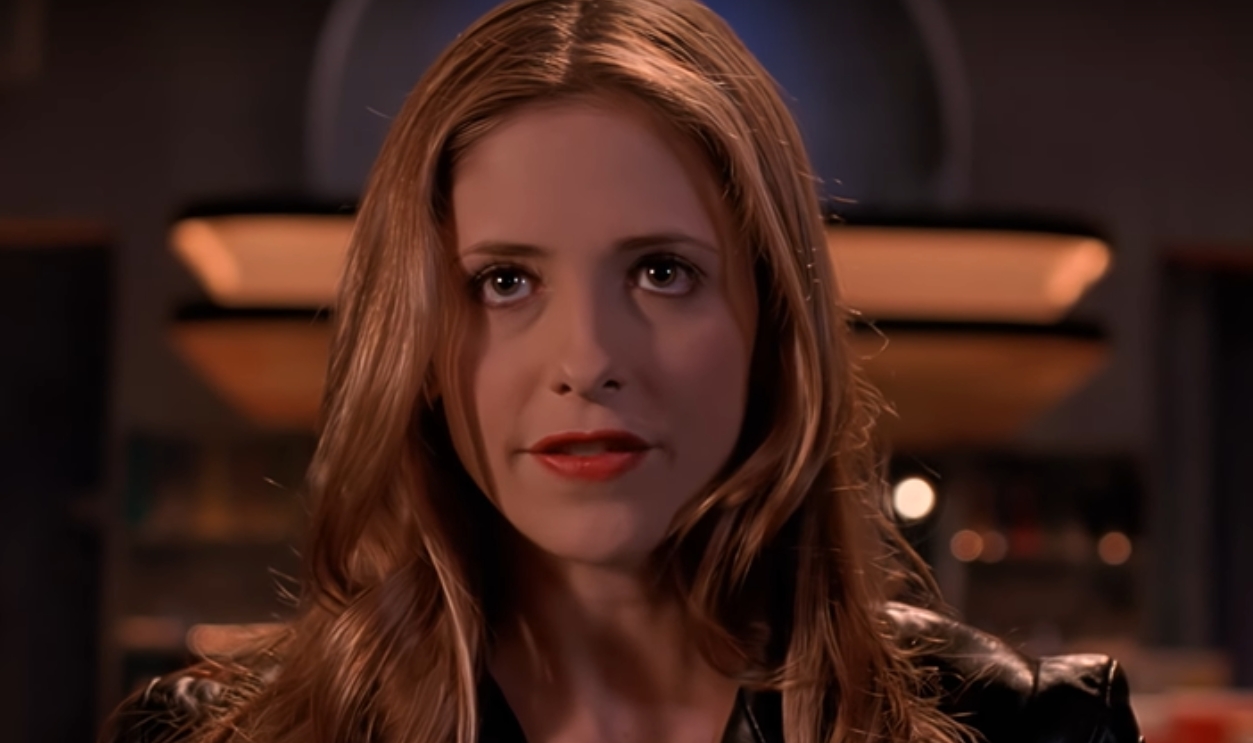 Screenshot from Buffy the Vampire Slayer, 20th Century Fox
Screenshot from Buffy the Vampire Slayer, 20th Century Fox
You May Also Like:
Why Is Everyone Under 25 Saying 'Six, Seven' All The Time—And When Will It Stop?
Iconic TV Scenes That Only True Fans Know Were Improvised

